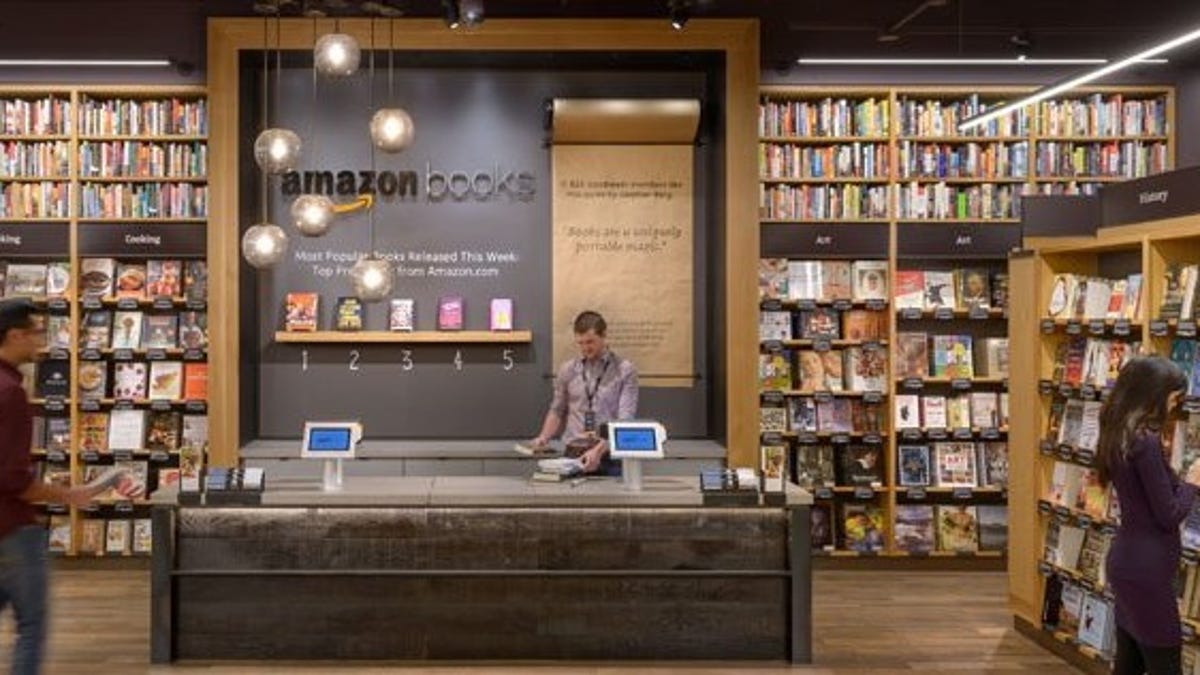Amazon's novel idea? Physical bookstores, says mall CEO
Amazon was the reason you didn't have to go to the mall. Now it may want to be the reason you do.
Amazon usually drives the books you order to your home. Now, it wants you to drive to your books.
The online retail giant's concept -- known colloquially as a "bookstore" -- is to open as many as 400 locations nationwide, according to Sandeep Mathrani, chief executive of US mall operator General Growth Partners.
"In the mall business, the impact of ecommerce is a lot less," Mathrani said during an earnings call Tuesday. "It's actually your friend, not your enemy."
Update, February 3 at 3:30 p.m. PT: The CEO on Wednesday walked back his comments. GGP issued a statement clarifying that Mathrani's proclamation that Amazon would build hundreds of brick-and-mortar stores "was not intended to represent Amazon's plans."
Amazon and GGP declined to comment. It's unclear where Mathrani got the figure for Amazon's plans.
Building out a chain of bookstores would be an unexpected move for Amazon, which started as an online book catalog two decades ago with the promise of offering a wider selection and greater convenience than brick-and-mortar stores. The Seattle-based e-tailer -- the "e" stands for "enormous" -- was aggressive in price cutting, a tactic that has been criticized by authors and is blamed for forcing many physical bookstore operators, including Borders, into extinction.
A rollout would also come as e-commerce, Amazon's main business, grows at a double-digit pace, while overall retail has been sluggish. Fewer people are venturing out to the malls, in part because Amazon is so easy, convenient and cheap.
During the holiday season, retail sales were up 7.9 percent, but e-commerce sales grew 20 percent, according to Mastercard SpendingPulse. As retail sales continue migrating online, a move into brick-and-mortar seems counterintuitive for Amazon, the biggest online retailer in the world.
Amazon does have one physical bookstore, which it opened in its hometown of Seattle back in November. Books are offered at the same price as those online, the company says. Customers are also able to peruse Amazon devices including Kindle, Echo, Fire TV and Fire Tablet series.
The company has also gotten into physical book publishing and operates several imprints.
If the bookstore expansion plans are true, Amazon wouldn't be the first tech giant to go the brick-and-mortar route. Apple opened its first Apple Store in 2001 to showcase its computers and mobile devices. Microsoft, which has more than 100 physical stores across North America, opened a flagship store in Manhattan in September. Google and Samsung have also tinkered with the idea to some degree.
The Wall Street Journal earlier reported Mathrani's comments.




